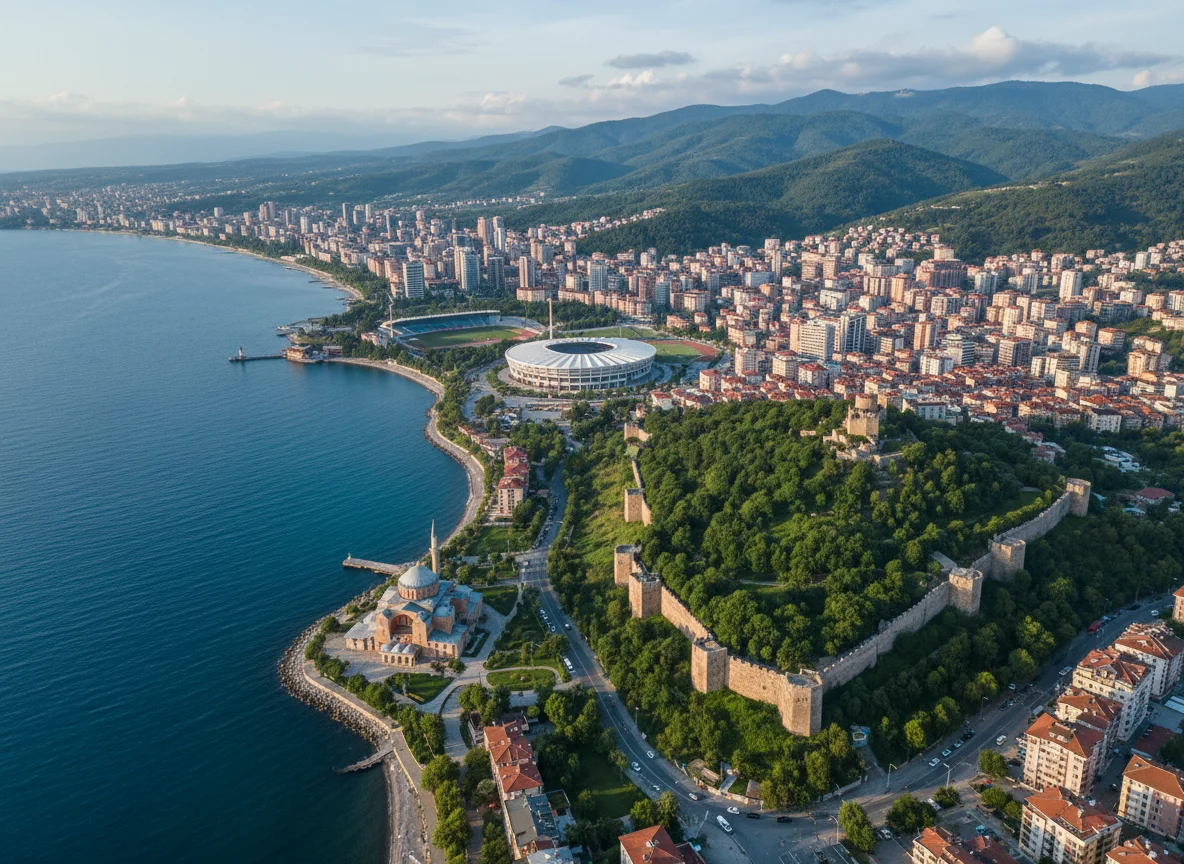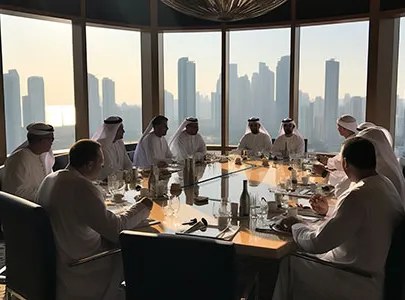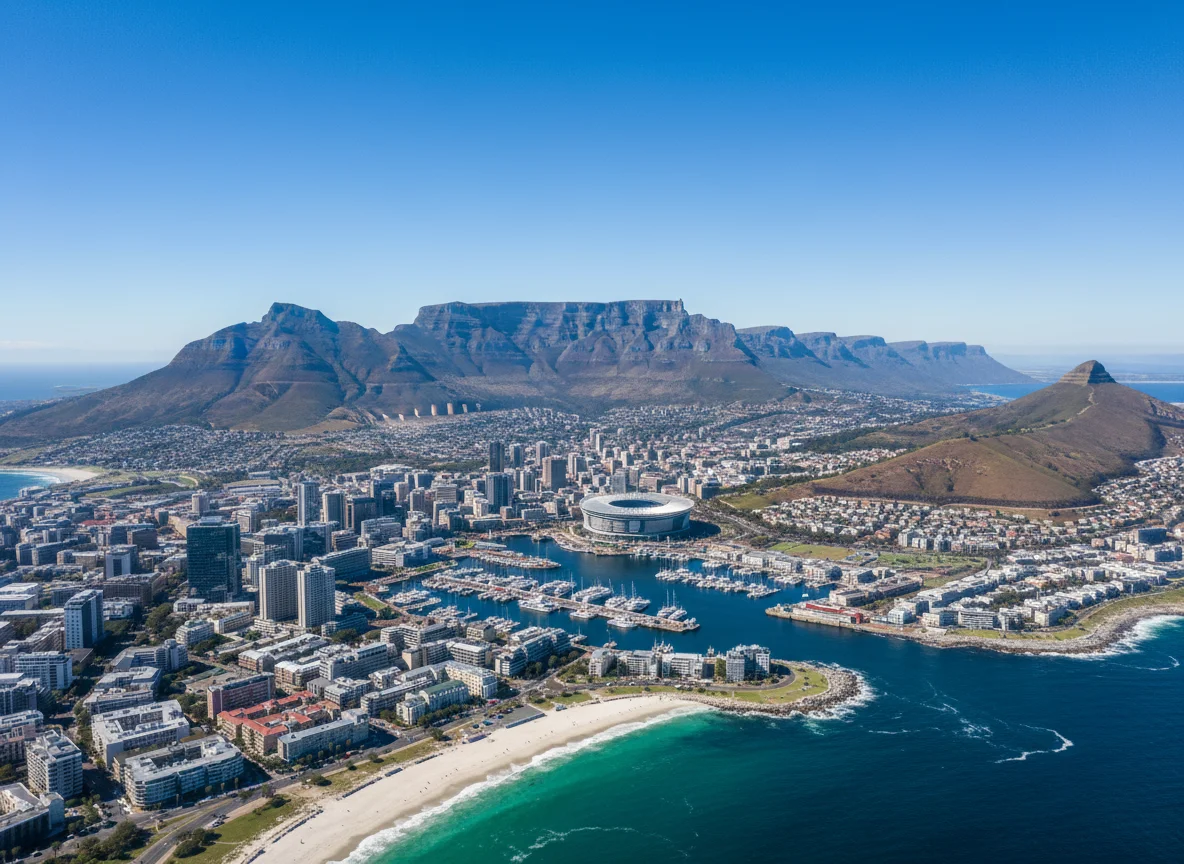IMO Level-2 Training Course: Oil Spill Response & Coordination
Course Overview:
The "IMO Level-2: Oil Pollution Preparedness, Response & Coordination for On-Scene Commanders and Supervisors" course provides advanced training to equip participants with the skills to supervise and coordinate marine oil spill responses. In alignment with international standards, the course emphasizes leadership, tactical planning, environmental protection, and inter-agency collaboration.
Participants will take part in scenario-based learning, simulation drills, and command structure development to enhance decision-making in high-pressure situations. The course blends theory with practical exercises, focusing on operational readiness, effective communication, and safety management. Our unique approach incorporates case studies, legal insights, and resource management, making this program comprehensive for oil spill supervisors and on-scene commanders.
Target Audience:
- Port authority supervisors
- Emergency response managers
- Marine environment protection officers
- Oil & gas HSE officers
- Incident command center staff
- Coastal zone management officials
Targeted Organizational Departments:
- Environmental Health & Safety (EHS)
- Maritime & Offshore Operations
- Emergency Management & Response
- Port & Coastal Authority Planning
- Legal & Compliance Departments
Targeted Industries:
- Maritime and Shipping
- Oil & Gas (Upstream and Downstream)
- Port and Coastal Infrastructure
- Environmental Protection Agencies
- Government & Regulatory Bodies
- Offshore Drilling & Marine Engineering
Course Offerings:
By the end of this course, participants will be able to:
- Apply international conventions such as OPRC and MARPOL in oil spill response
- Assess the behavior and fate of spilled oil in various environments
- Design and implement incident command strategies for shoreline and offshore spills
- Evaluate and select appropriate response tools (booms, dispersants, skimmers)
- Coordinate with stakeholders and media during emergency operations
- Plan and conduct debriefing and post-incident assessments
Training Methodology:
This course uses a blended learning approach to enhance both understanding and practical skills. Participants will review notable marine spill case studies, engage in group simulations, and conduct incident command drills, with a strong focus on communication, inter-agency collaboration, and operational control.
Course Toolbox:
- Participant Manual based on the latest IMO OPRC Model Course guidelines (Online)
- Contingency Planning Templates
- Oil Fate Simulation Worksheets
- Legal Compliance Flowcharts
- Spill Response Decision-Matrix Cards
- Case Study Booklet with Incident Reviews
Course Agenda:
Day 1: Risk, Preparedness, and Spill Dynamics
- Topic 1: Oil Spill Risk Analysis and Prevention Strategies
- Topic 2: Physical and Chemical Properties of Crude Oil
- Topic 3: Oil Behavior and Fate in the Marine Environment
- Topic 4: Sensitivity Mapping and Environmental Impact Forecasting
- Topic 5: Understanding the Role of Emulsions and Weathering in Spill Scenarios
- Topic 6: Introduction to Oil Spill Modeling and Forecasting Tools
- Reflection & Review: Mapping Spill Trajectories and Environmental Vulnerabilities
Day 2: Response Planning, Equipment, and Tactics
- Topic 1: Tiered Response Strategies and Contingency Planning
- Topic 2: Containment Equipment: Booms, Skimmers, and Dispersants
- Topic 3: Incident Action Planning (IAP) and Response Objectives
- Topic 4: Use of In-situ Burning and Mechanical Recovery
- Topic 5: Tactical Deployment and Safety of Response Personnel
- Topic 6: Logistics and Resource Management in Spill Events
- Reflection & Review: Evaluating Tactical Effectiveness and Response Readiness
Day 3: Command and Control under the IMS Framework
- Topic 1: IMS Principles and Command Function in Spill Response
- Topic 2: Establishing the Incident Management Team (IMT)
- Topic 3: Roles and Responsibilities: Operations, Planning, Logistics, Finance
- Topic 4: Coordinated Command, Unified Command, and Government Interaction
- Topic 5: Effective Communication, Public Information, and Media Handling
- Topic 6: Use of Common Operating Picture (COP) and Digital Dashboards
- Reflection & Review: Managing Escalation and Coordination Complexity
Day 4: Shoreline, Wildlife, and Environmental Protection
- Topic 1: Shoreline Cleanup Assessment and Segmentation
- Topic 2: Protection and Recovery of Wildlife (Seabirds, Mammals)
- Topic 3: Waste Management and Disposal Protocols
- Topic 4: Remote Sensing, Aerial Surveillance, and Oil Detection
- Topic 5: Legal Responsibilities, Claims, and Compensation Mechanisms
- Topic 6: Health, Safety, and Environmental (HSE) Risk Mitigation
- Reflection & Review: Integrated Environmental & Legal Case Analysis
Day 5: Simulation, Case Studies, and Lessons Learned
- Topic 1: Full-Scale Incident Simulation: Field Strategy Deployment
- Topic 2: Group Scenario: Creating a Unified IAP with Operational Periods
- Topic 3: Case Study Analysis: Prestige Spill, Deepwater Horizon, etc.
- Topic 4: Post-Incident Demobilization, Debrief, and Evaluation
- Topic 5: Stakeholder Engagement and Reputation Management
- Topic 6: Future Trends in Spill Response and Preparedness
- Reflection & Review: Participant Presentations and Course Closure Discussion
FAQ:
What specific qualifications or prerequisites are needed for participants before enrolling in the course?
This course is open to professionals involved in oil spill response operations. Prior knowledge of maritime safety, emergency planning, or environmental risk management is beneficial but not mandatory.
How long is each day's session, and is there a total number of hours required for the entire course?
Each day's session is generally structured to last around 4-5 hours, with breaks and interactive activities included. The total course duration spans five days, approximately 20-25 hours of instruction.
What is the difference between Level-1 and Level-2 IMO OPRC courses?
Level-1: First Responder
Target Audience: Field personnel, equipment operators, junior responders.
Focus:
- Hands-on operational skills.
- Use of booms, skimmers, dispersants, PPE, etc.
- Basic site safety and spill containment techniques.
Objective: Train responders to follow instructions and operate equipment safely and effectively during an oil spill.
Level-2: Supervisor & On-Scene Commander
Target Audience: Supervisors, port authorities, incident commanders, team leaders.
Focus:
- Planning, coordination, and decision-making in oil spill incidents.
- Implementing and managing the Incident Command System (ICS).
- Developing contingency plans, resource management, and public/media communication.
Objective: Equip participants to lead and coordinate the response effort, ensuring safety, environmental protection, and compliance.
How This Course is Different from Other IMO Level-2 Courses:
This training stands out for its emphasis on real-world applicability and the development of supervisory leadership. Unlike generic programs that focus solely on technical skills, it includes localized scenarios, effective communication, and multi-agency coordination. Participants will learn to operate equipment, lead teams, communicate with the public, and manage legal risks. With custom decision aids, advanced simulations, and leadership coaching, they gain practical insights for real incidents. The curriculum also reflects current regulations and regional spill risks, preparing learners for emerging threats.
credits: 5 credit per day
Course Mode: full-time
Provider: Agile Leaders Training Center
-
Events for this Course!!
-
Trabzon 2025-10-26
-
Dubai 2025-10-27
-
Cairo 2025-11-03
-
Kuwait 2025-11-09
-
Paris 2025-11-10
-
Cape town 2025-11-16
-
London 2025-11-17
-
Barcelona 2025-11-24
-
Amsterdam 2025-12-01
-
Chicago 2025-12-07
-
Madrid 2025-12-08
-
Amman 2025-12-14
-
Casablanca 2025-12-22
-
Kuala Lumpur 2025-12-30
-
Jakarta 2026-01-05
-
London 2026-01-06
-
Accra 2026-01-12
-
Tbilisi 2026-01-13
-
Madrid 2026-01-20
-
Dubai 2026-01-27
-
Geneva 2026-02-02
-
Vienna 2026-02-03
-
Paris 2026-02-10
-
Milan 2026-02-10
-
Manama 2026-02-16
-
Rome 2026-02-17
-
Athens 2026-02-23
-
Istanbul 2026-02-24
-
Barcelona 2026-03-03
-
Langkawi 2026-03-09
-
Amsterdam 2026-03-10
-
Doha 2026-03-16
-
Cairo 2026-03-17
-
Montreux 2026-03-23
-
Casablanca 2026-03-24
-
Nairobi 2026-03-30
-
Tokyo 2026-03-31
-
Muscat 2026-04-06
-
Kuala Lumpur 2026-04-07
-
Bali 2026-04-13
-
Sharm El-Sheikh 2026-04-14
-
Vienna 2026-04-21
-
Milan 2026-04-28
-
Istanbul 2026-04-28
-
Amman 2026-05-04
-
Al Jubail 2026-05-04
-
Manama 2026-05-11
-
Amsterdam 2026-05-12
-
Baku 2026-05-19
-
Dubai 2026-05-26
-
Athens 2026-06-01
-
Tokyo 2026-06-02
-
Prague 2026-06-08
-
Madrid 2026-06-09
-
Kuala Lumpur 2026-06-16
-
London 2026-06-23
-
Barcelona 2026-06-30
-
Munich 2026-07-07
-
Rome 2026-07-07
-
San Diego 2026-07-14
-
Paris 2026-07-14
-
Johannesburg 2026-07-20
-
Baku 2026-07-21
-
Istanbul 2026-07-28
-
Milan 2026-07-28
-
Tokyo 2026-08-04
-
Madrid 2026-08-11
-
Cairo 2026-08-18
-
Barcelona 2026-08-25
-
Zanzibar 2026-08-31
-
Dubai 2026-09-01
-
London 2026-09-08
-
Bangkok 2026-09-14
-
Casablanca 2026-09-15
-
Zoom 2026-09-22
-
Istanbul 2026-09-29
-
Phuket 2026-10-05
-
Amsterdam 2026-10-06
-
Rome 2026-10-13
-
Milan 2026-10-13
-
Manama 2026-10-19
-
Sharm El-Sheikh 2026-10-20
Upcoming Events
📅 Showing events from Week 43, 2025 to Week 42, 2026
| Image | Location | Dates | Duration | Mode | Price | Actions |
|---|---|---|---|---|---|---|

|
Trabzon |
Week 43, 2025 Oct 26, 2025 - Oct 30, 2025 |
5 Days | Onsite | €6,800 | |

|
Dubai |
Week 44, 2025 Oct 27, 2025 - Oct 31, 2025 |
5 Days | Onsite | €4,500 | |

|
Cairo |
Week 45, 2025 Nov 3, 2025 - Nov 7, 2025 |
5 Days | Onsite | €4,100 | |

|
Kuwait |
Week 45, 2025 Nov 9, 2025 - Nov 13, 2025 |
5 Days | Onsite | €5,500 | |

|
Paris |
Week 46, 2025 Nov 10, 2025 - Nov 14, 2025 |
5 Days | Onsite | €5,700 | |

|
Cape town |
Week 46, 2025 Nov 16, 2025 - Nov 20, 2025 |
5 Days | Onsite | €6,000 | |

|
London |
Week 47, 2025 Nov 17, 2025 - Nov 21, 2025 |
5 Days | Onsite | €5,700 | |

|
Barcelona |
Week 48, 2025 Nov 24, 2025 - Nov 28, 2025 |
5 Days | Onsite | €5,700 | |

|
Amsterdam |
Week 49, 2025 Dec 1, 2025 - Dec 5, 2025 |
5 Days | Onsite | €5,700 | |

|
Chicago |
Week 49, 2025 Dec 7, 2025 - Dec 11, 2025 |
5 Days | Onsite | €12,000 | |

|
Madrid |
Week 50, 2025 Dec 8, 2025 - Dec 12, 2025 |
5 Days | Onsite | €5,700 | |

|
Amman |
Week 50, 2025 Dec 14, 2025 - Dec 18, 2025 |
5 Days | Onsite | €4,100 | |

|
Casablanca |
Week 52, 2025 Dec 22, 2025 - Dec 26, 2025 |
5 Days | Onsite | €4,100 | |

|
Kuala Lumpur |
Week 01, 2025 Dec 30, 2025 - Jan 3, 2026 |
5 Days | Onsite | €5,200 | |

|
Jakarta |
Week 02, 2026 Jan 5, 2026 - Jan 9, 2026 |
5 Days | Onsite | €5,700 | |

|
London |
Week 02, 2026 Jan 6, 2026 - Jan 10, 2026 |
5 Days | Onsite | €5,700 | |

|
Accra |
Week 03, 2026 Jan 12, 2026 - Jan 16, 2026 |
5 Days | Onsite | €4,100 | |

|
Tbilisi |
Week 03, 2026 Jan 13, 2026 - Jan 17, 2026 |
5 Days | Onsite | €5,000 | |

|
Madrid |
Week 04, 2026 Jan 20, 2026 - Jan 24, 2026 |
5 Days | Onsite | €5,700 | |

|
Dubai |
Week 05, 2026 Jan 27, 2026 - Jan 31, 2026 |
5 Days | Onsite | €4,500 |
